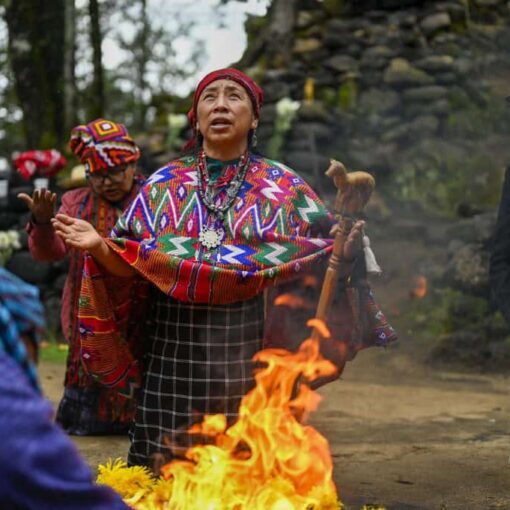Landmark Ruling Suspends Trawling Initiatives in Costa Rican Waters
Costa Rica’s Administrative and Civil Court has taken a bold step to safeguard marine life by ordering an immediate suspension of new trawling studies in the nation’s waters. This decision comes after the MarViva Foundation raised alarms about the potential dangers these studies posed to the marine ecosystem and the country’s finances.
Addressing Imminent Threats to Marine Ecosystems and State Finances
Recognizing the urgency of the situation, the court acknowledged the potential for imminent and irreparable harm to marine ecosystems and the financial stability of the state. This move reflects growing concerns over various inconsistencies and technical shortcomings in the proposed trawling studies, which are at odds with standards set by the Constitutional Chamber.
Highlighting Technical Flaws and Environmental Risks
The court identified significant technical deficiencies and developmental errors in the trawling project. Moreover, the potential environmental harm pointed to the likelihood of irreversible damage, thus infringing on the constitutional rights safeguarded by Article 50. These factors contributed to the decision to halt the studies and associated fishing activities.
Freezing INCOPESCA’s Activities
As part of its ruling, the court mandated the cessation of all fishing activities linked to the study. This directive encompasses the Costa Rican Institute of Fisheries and Aquaculture (INCOPESCA) and includes the prohibition on issuing new fishing permits and agreements that support the controversial study. This suspension will stay in effect until a detailed ruling is made on MarViva’s lawsuit, which was filed earlier in May.
MarViva Advocacy Manager Applauds the Decision
Katherine Arroyo, MarViva’s Advocacy Manager, expressed support for the court’s decision. She emphasized that this precautionary measure marks a significant stride in protecting marine ecosystems and preserving fishing resources essential to numerous artisanal fishermen and their families. Arroyo highlighted the study’s inconsistencies, lack of transparency, and methodological flaws that pose substantial risks to marine life, coastal economies, and public finances. She praised the court’s decision as a testament to the country’s commitment to democracy and the rule of law.
The Court’s Precautionary Measure to Stay Until Final Judgment
The precautionary measure will remain effective until the court reaches a final judgment on MarViva’s lawsuit, which seeks to overturn the reactivation of the trawling study in Costa Rica.
Controversy Surrounding New Trawling Studies
President Rodrigo Chaves’s announcement in September 2022 of new technical studies aimed at reviving shrimp fishing in Costa Rica’s waters sparked controversy. These studies, endorsed by the INCOPESCA Board of Directors, were slated to begin in early 2023. However, MarViva, along with various academic and conservation groups, raised significant concerns about the study’s methodology and transparency. Criticisms centered around the study’s failure to meet basic scientific and regulatory requirements, echoing doubts beyond MarViva’s immediate circle.
MarViva Challenges INCOPESCA’s Decisions
MarViva strongly opposed INCOPESCA’s decisions to issue fishing permits for commercial shrimp exploitation through trawling, based on a flawed research proposal. The organization labeled these actions as illegal and called for them to be annulled. MarViva’s argument highlighted that the study did not meet the Constitutional Chamber’s criteria, which dictate the necessary components of scientific investigations assessing the social, economic, and environmental impacts of trawling in Costa Rica.
Source link
admin



